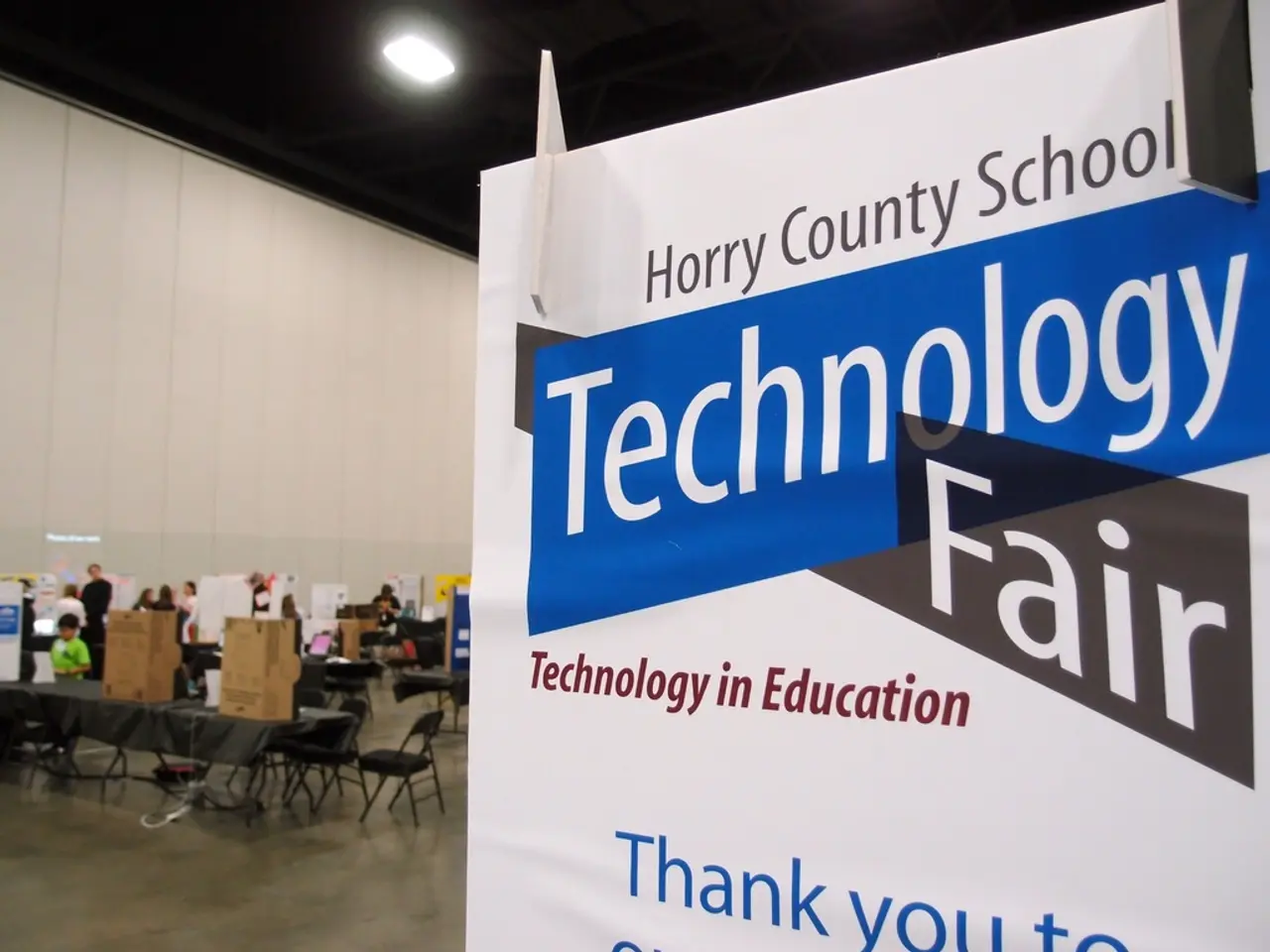Technology's Role in Fostering a Just and Inclusive Work Environment
In today's fast-paced work environment, work-life integration is a common trend, leading to potential pressure on employees to go beyond their designated duties. This pressure, coupled with the challenges of constant optimization and recalculation required to accommodate last-minute changes, can often lead to feelings of stress and personal sacrifices that are rarely assessed due to being non-tangible and subject to human discretion.
However, workforce management tools are increasingly being seen as more than just monitoring devices. They are now viewed as enablers to change the way workforces are managed, focusing on culture, engagement, and transformation within the organization. A recent study by SHRM in India found that 82 percent of organizations believe increased use of workforce management tools could positively impact employee perception of fairness and equity.
One of the key factors that contribute to a fair and equitable workplace is the distribution of work and time off. In the internet economy, the expectation for workers to be available round the clock is prevalent, creating challenges for organizations to ensure a fair distribution of work and time off. Technology, particularly workforce management tools, can help distribute schedules equitably and unbiasedly, ensuring everyone gets a fair share of desirable shifts and undesirable shifts.
Sophisticated optimization algorithms and machine learning approaches in modern workforce management solutions can consider multiple factors to create balanced schedules without compromising business requirements. This ensures that high-performing employees, who may be overburdened with additional work due to their enthusiasm or the need to prove themselves, are not unduly affected, potentially impacting their personal time and leading to feelings of unfairness or resentment.
People expect fair and just treatment in their lives, including at work. The human brain responds positively to fairness and negatively to unfairness. This is backed by theories such as Adam's equity theory, which states that individuals expect a certain result or reward for their efforts and perceive inequality as unfairness.
It's worth noting that some organizations have good HR practices that provide employees with adequate paid time offs and adhere to overtime laws. However, creating a completely bias-free and prejudice-free environment is challenging due to human tendencies to categorize and exhibit discriminatory behavior.
Workplace inequality, including growth and monetary rewards, is often assessed in culture surveys, with the best organizations having policies to create an equitable environment. The search results do not specify the names of organizations in India that, according to the SHRM study, expect the highest benefits from the use of workforce management tools for positively influencing employee awareness of fairness and equality.
Machine learning, artificial intelligence, and actionable, insight-based analytics embedded in workforce management tools can help organizations understand ground-level realities and make informed decisions. By fostering a culture of fairness and equality, these tools can contribute to a happier, more productive workforce, benefiting both the employees and the organization as a whole.
Read also:
- EU's ban on bean exports from Nigeria results in an annual loss of $363 million for the country, according to AAPN.
- Rapid action required: Scientists urgently working to freeze a severely endangered tree species to prevent its extinction
- Proposal for workforce radiation safety directive requested by the Commission in the face of risk exposure.
- New York City Council Proposes Legislation to Eliminate Fluoride from Public Water Supply






